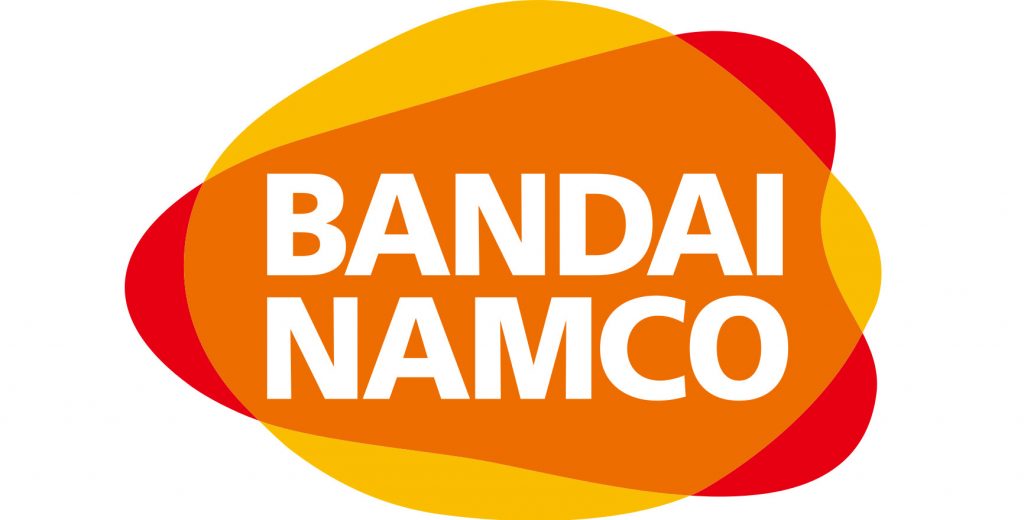Video Gamer is reader-supported. When you buy through links on our site, we may earn an affiliate commission. Prices subject to change. Learn more
Update: Bandai Namco has confirmed yesterday’s reported ransomware attack. The company has also said that it is investigating.
In a statement given to VGC, the company said:
“On July 3, 2022, Bandai Namco Holdings Inc. confirmed that it experienced an unauthorized access by third party to the internal systems of several Group companies in Asian regions (excluding Japan).
“After we confirmed the unauthorized access, we have taken measures such as blocking access to the servers to prevent the damage from spreading.
“In addition, there is a possibility that customer information related to the Toys and Hobby Business in Asian regions (excluding Japan) was included in the servers and PCs, and we are currently identifying the status about existence of leakage, scope of the damage, and investigating the cause.
“We will continue to investigate the cause of this incident and will disclose the investigation results as appropriate. We will also work with external organizations to strengthen security throughout the Group and take measures to prevent recurrence.
The company then apologised:
“We offer our sincerest apologies to everyone involved for any complications or concerns caused by this incident.”
Original Story:
Bandai Namco, the publisher of Elden Ring, has reportedly been the victim of a ransomware attack. The group behind the attack, apparently, is ALPHV ransomware group.
This is according to vx-underground (via VGC), which tracks malware source code, papers, and samples:
“ALPHV ransomware group (alternatively referred to as BlackCat ransomware group) claims to have ransomed Bandai Namco. Bandai Namco is an international video game publisher. Bandai Namco video game franchises include Ace Combat, Dark Souls, Dragon Ball*, Soulcaliber, and more.”
Ransomware has its name because hackers use it to extort victims. The perpetrators will obtain and block the victim’s access to their own data. And then will threaten to release the data publicly, which, for game publishers, could potentially compromise future projects.

